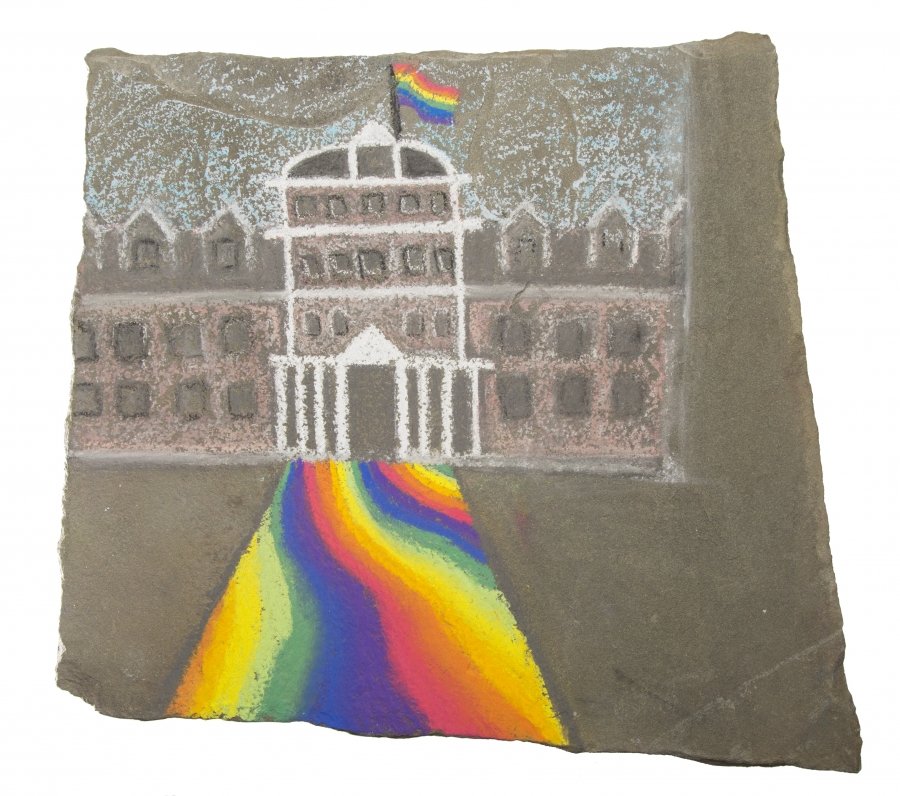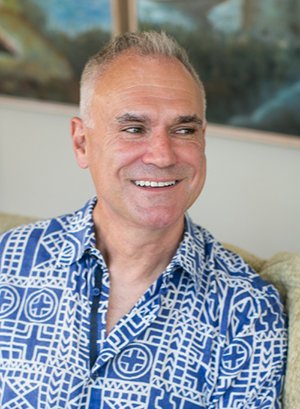Sager Fund

Sager Symposium
Each year, Swarthmore hosts a symposium on a current topic for the lesbian, gay, bisexual, transgender, and queer community, supported by the Sager Fund. Recent symposia have explored sexual politics in the bedroom, boardroom, and classroom; queer media; coalition building across queer differences; queer people of color; the intersections of race, religion, and gender; queer activism; same-sex marriage and queer families; and transgender movements. Students, faculty, alumni, and other community members gather to attend lectures, engage in discussion, and reconnect.
Sager Summer Social Action Awards
The Social Impact Summer Scholarship supports students to spend 10 weeks, full time (35 hours per week) pursuing unpaid positions with host organizations that empower them to add dimension to their undergraduate course work while advancing the organization's mission, goals, and objectives. Learn more.
About Richard Sager '74
 Richard Sager '74
Richard Sager '74In 1988, Richard Sager '74 established the Sager Fund to combat homophobia and related discrimination, and to support events that focus on concerns of the lesbian, bisexual, and gay communities and promotescurricular innovation in the field of lesbian and gay studies.
Sager earned a B.A. in economics from Swarthmore and an M.B.A. from Stanford University. He moved to San Diego after graduate school and became involved with several LGBT organizations, ultimately chairing the San Diego HIV Funding Collaborative. Sager also co-founded the San Diego Human Dignity Foundation, an LGBT community foundation, and is a past board chair of ARTS - A Reason to Survive, which provides arts-based programs for at-risk youth.
"Swarthmore taught me that there are many directions from which to look at a problem," Sager says. "I think I understood that a creative approach, different from the obvious, was often the most effective and satisfying. Doing my first estate plan after my HIV diagnosis in the mid-1980s, I wanted to give to the LGBTQ community, and wanted to do it through an entity with a proven record of shepherding, protecting, and growing resources. Swarthmore seemed a natural."


